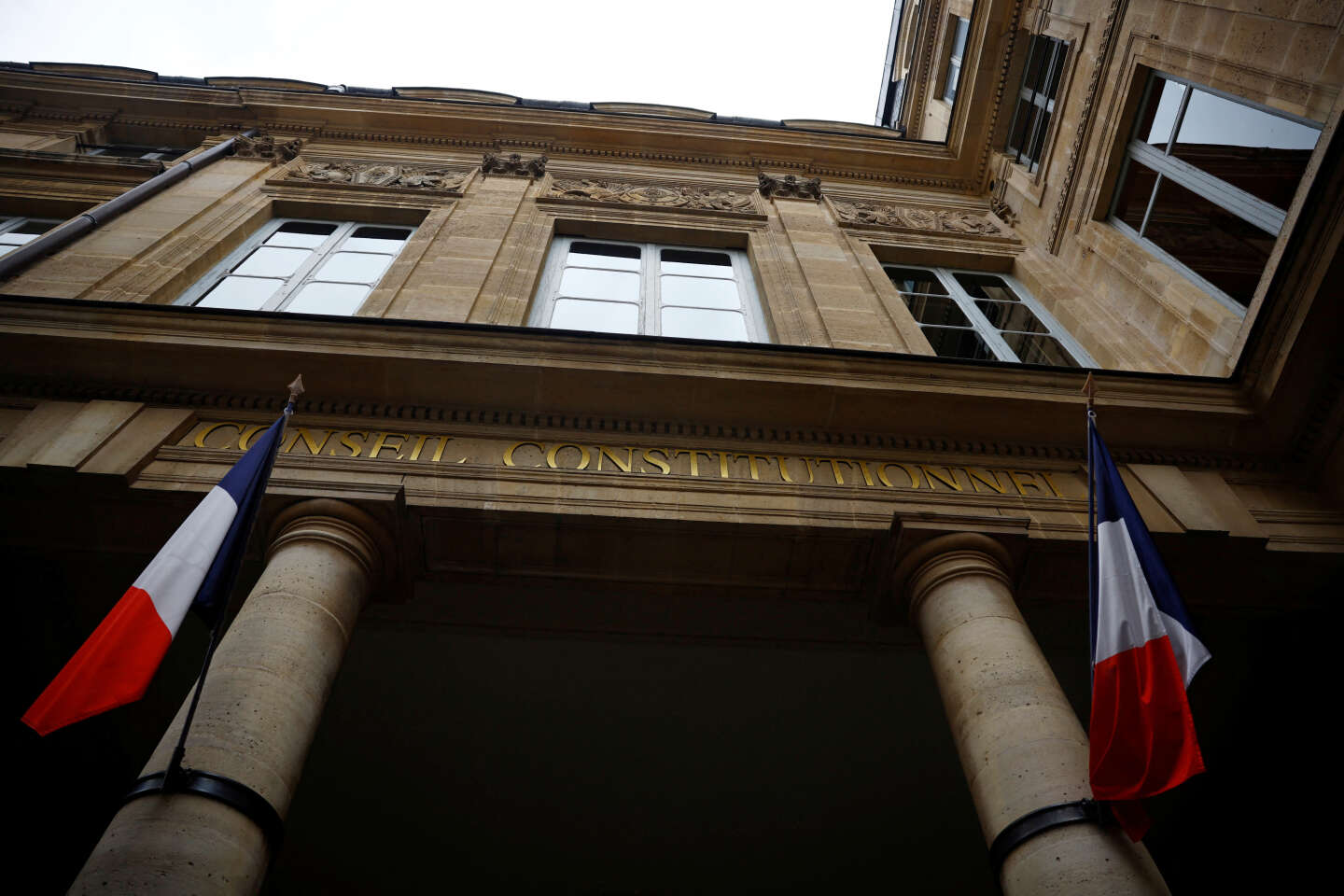


The more human rights are protected, the more the Republic is itself. Such was the idea of law that Robert Badinter embodied, and the objective he set for the Constitutional Council when he became its president in March 1986. A noble mission, no doubt, but also an audacious one, for at the time, the Council was still an unidentified or poorly identified institutional entity. Badinter was well aware of this: "The Council is a jurisdiction," he said in his first address to his colleagues, "but it doesn't know that; my role is to make it aware of its nature." Nine years later, when he left the Council in 1995, the judicial transformation remained unfinished.
In order to uphold the principle of adversarial proceedings – the most fundamental aspect of any judicial procedure – he proposed, on the first referral to the Council under his leadership, that the judge-rapporteur should be able to discuss the case with the member of Parliament who drafted the contested law and one of the MPs who lodged the referral. This proposal was rejected by the presidents of the two chambers of Parliament. Because the cases that come before the Council are of general interest, Badinter proposed that his colleagues accept the principles that hearings be public and include oral debates. This proposal was rejected. In March 1989, he proposed that citizens be able to appeal to the Constitutional Council, through a jurisdictional filter, if they felt that their fundamental rights had been infringed by the law. This proposal was accepted by President François Mitterrand, but rejected by the Sénat in June 1990.
Badinter's mistake was to be right before his time. Today's Council is beginning to resemble the one he wanted: lawyers plead before it, hearings are public and a litigant can, during a trial, raise the question of the constitutionality of the law applied.
Philosophically inspired jurisprudence
He may have lost these battles, but Badinter won the construction of case law deeply inspired by his own legal philosophy. In its decision of January 22, 1990, the Council ruled that legally resident foreigners enjoy personal freedom and security, including the freedom to come and go, to marry, the right to lead a normal family life and the rights to social protection, and the institution consequently struck down a legislative provision that excluded foreigners from welfare benefits. In a January 20, 1994, decision, the Council specified that a custodial sentence is designed not only to protect society and ensure the punishment of a convicted person, but also to promote their rehabilitation and prepare for possible reintegration.
You have 60% of this article left to read. The rest is for subscribers only.
